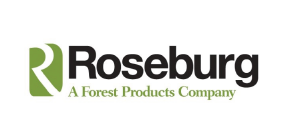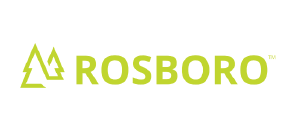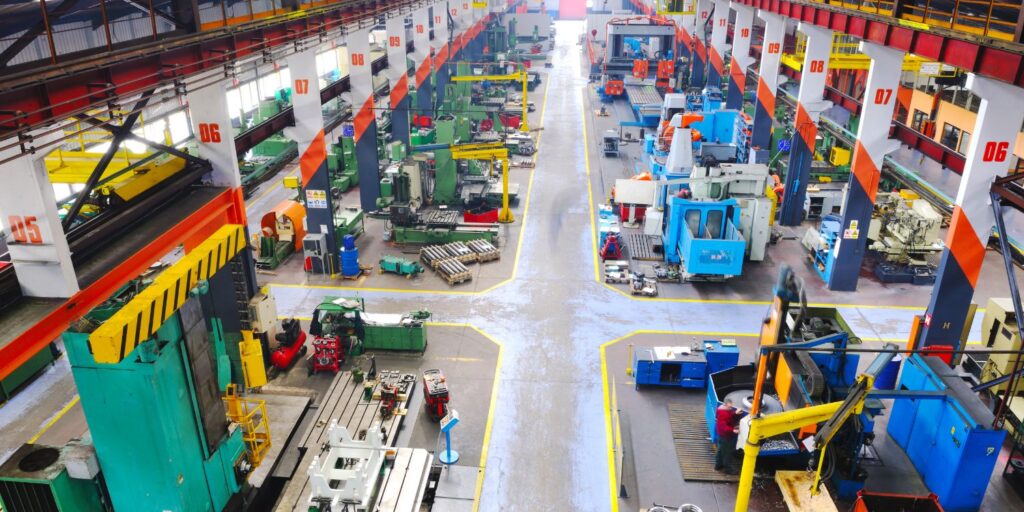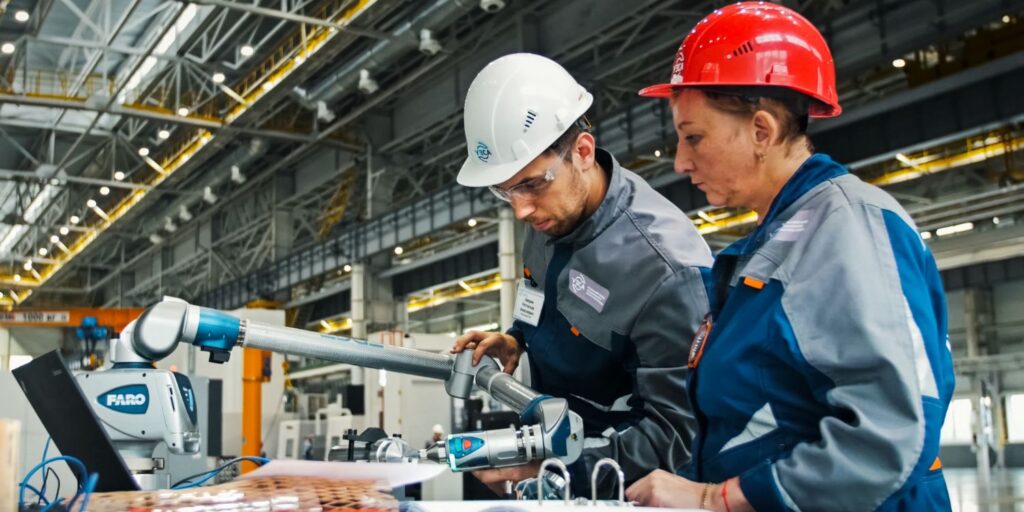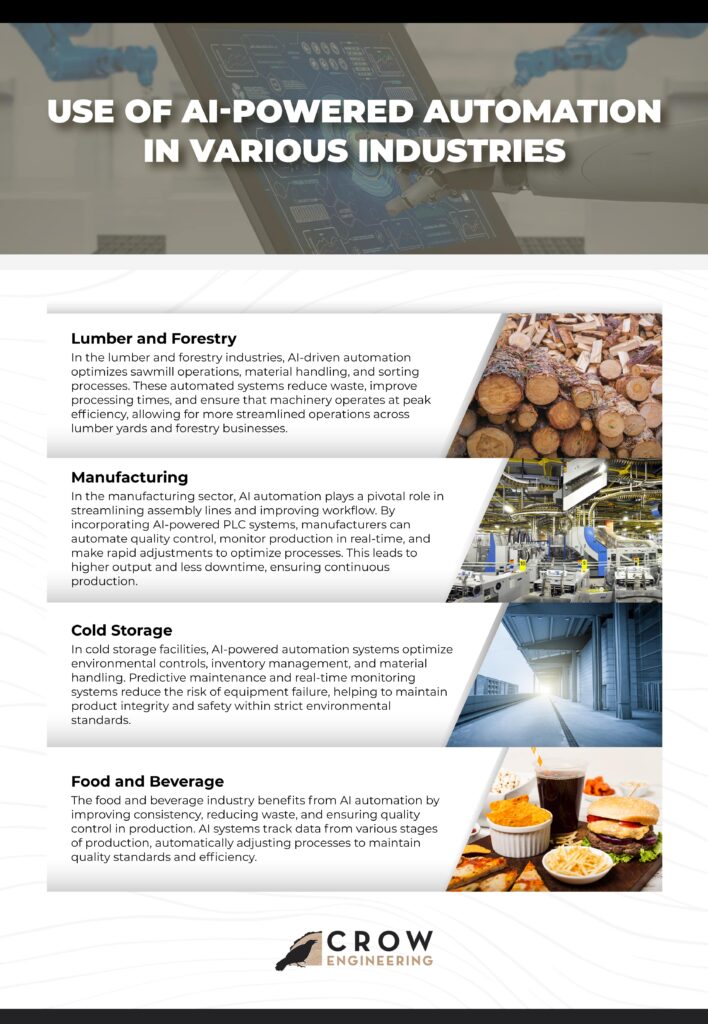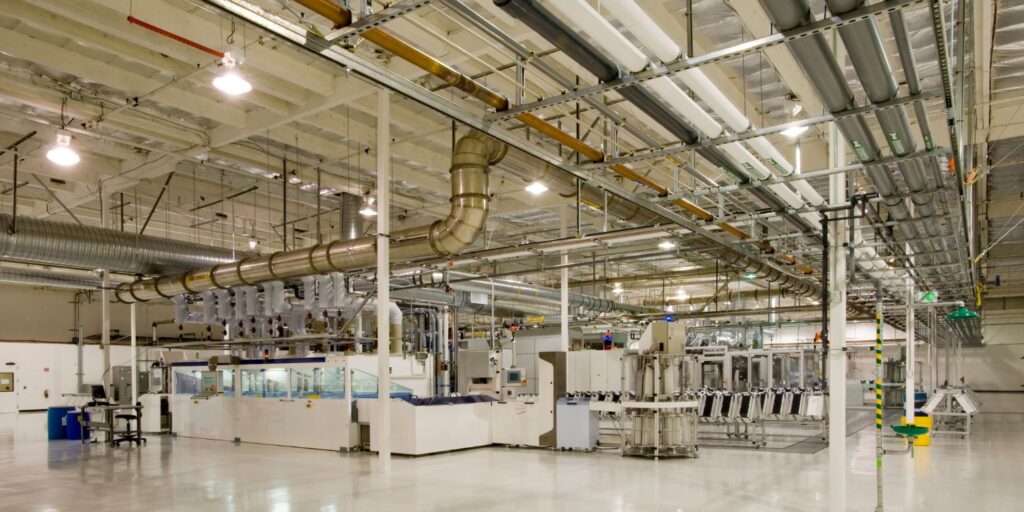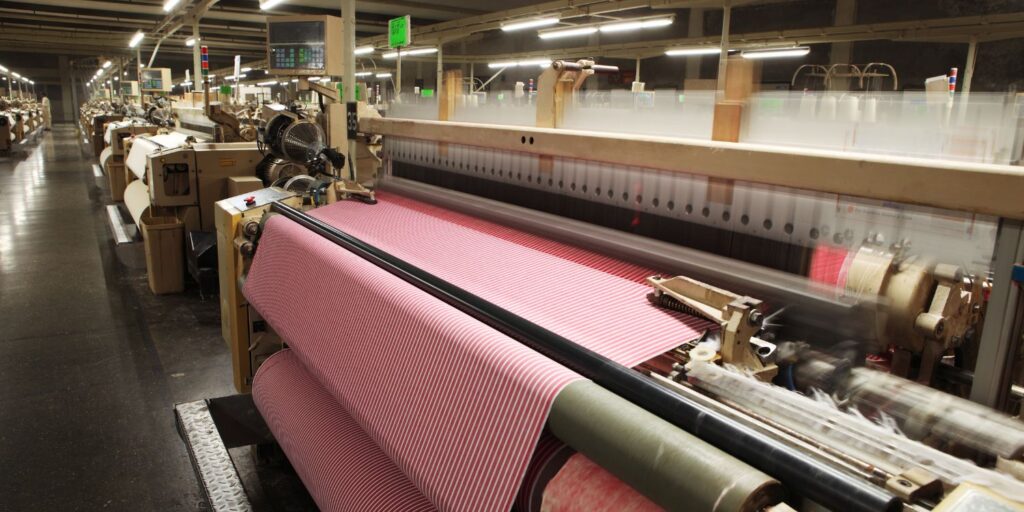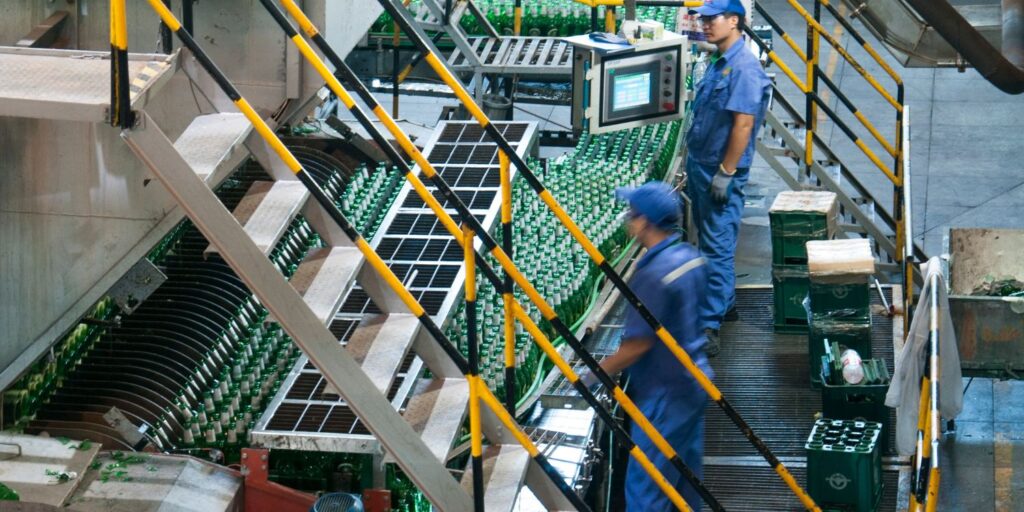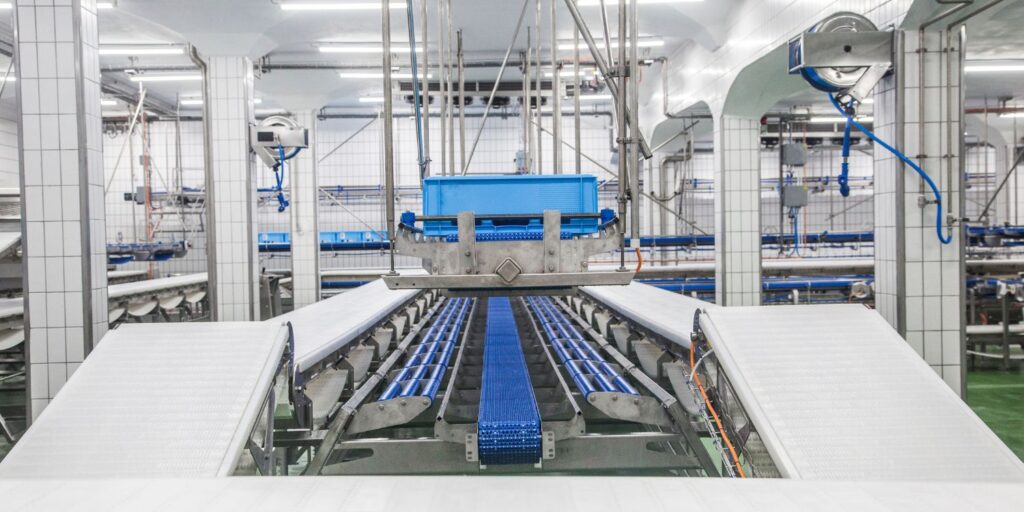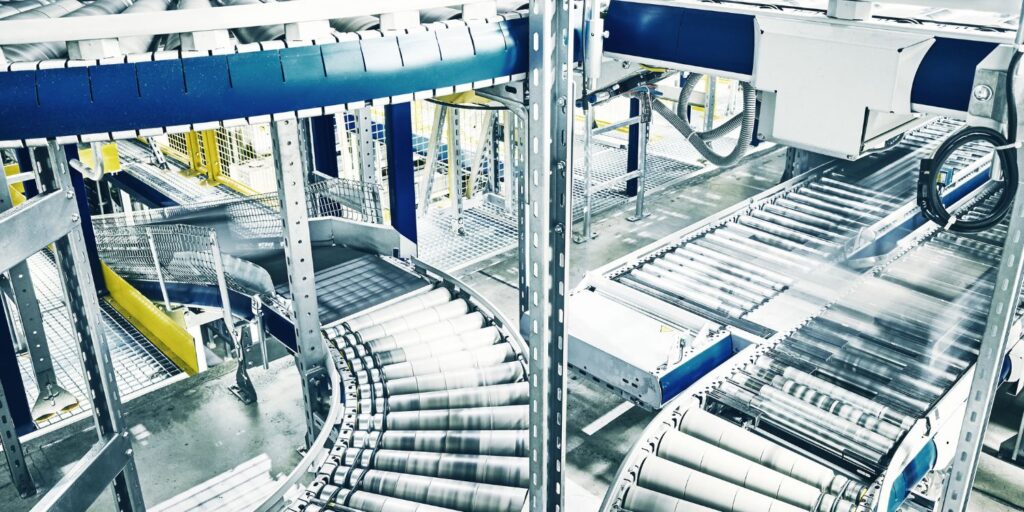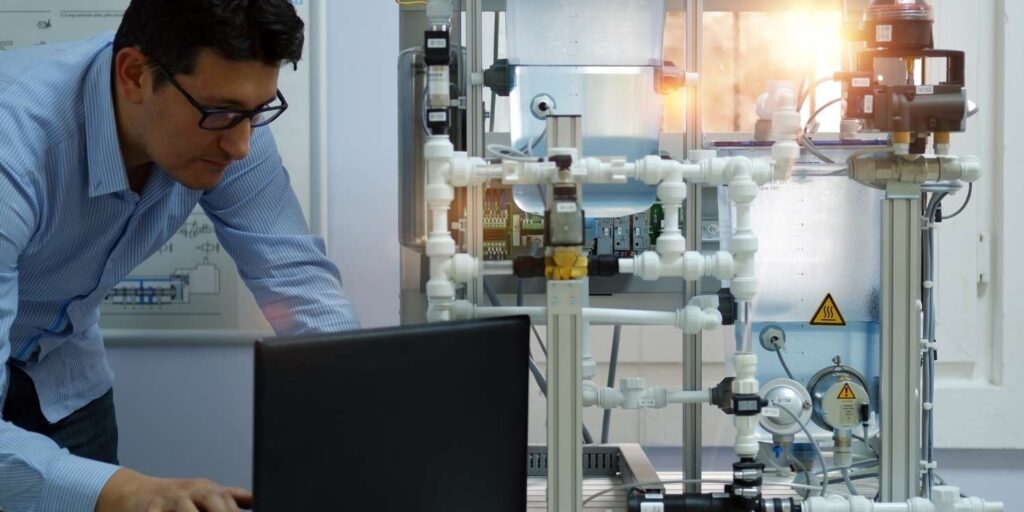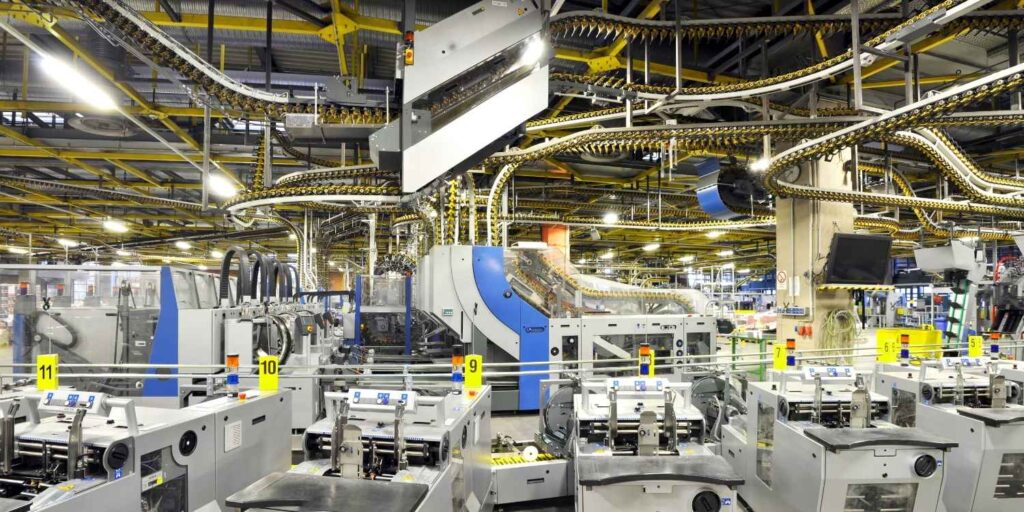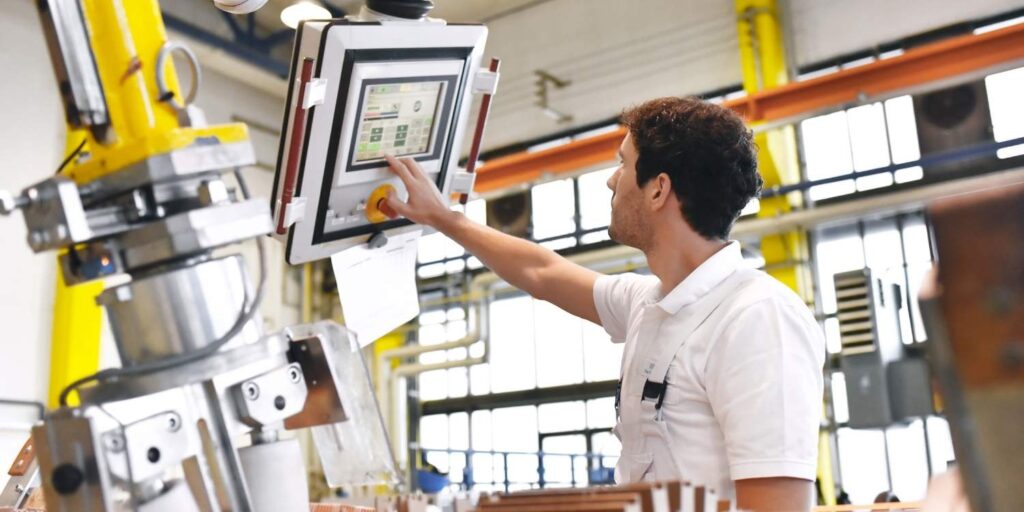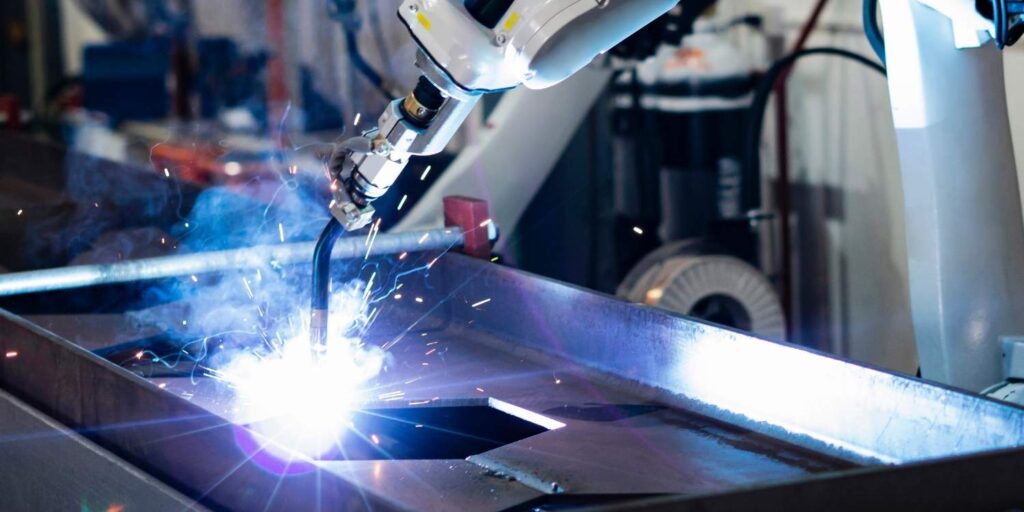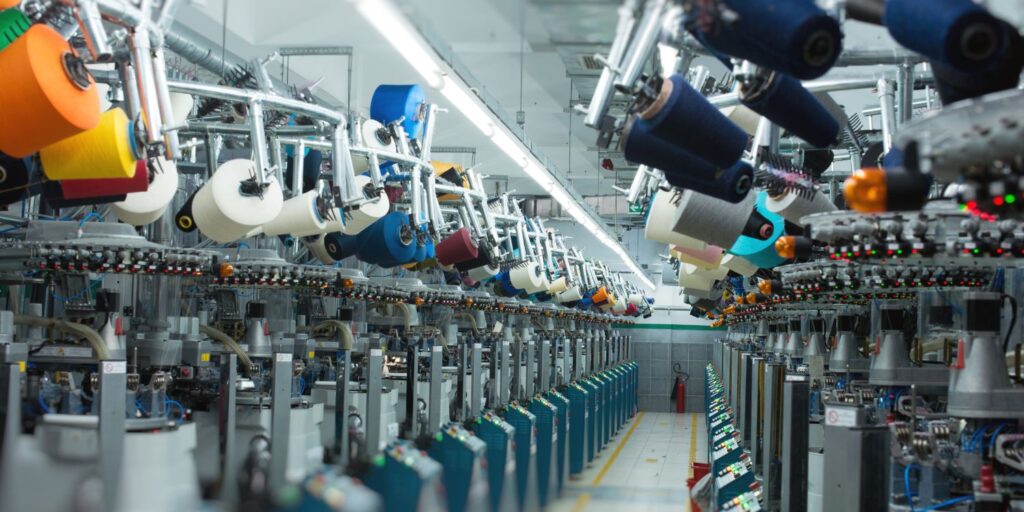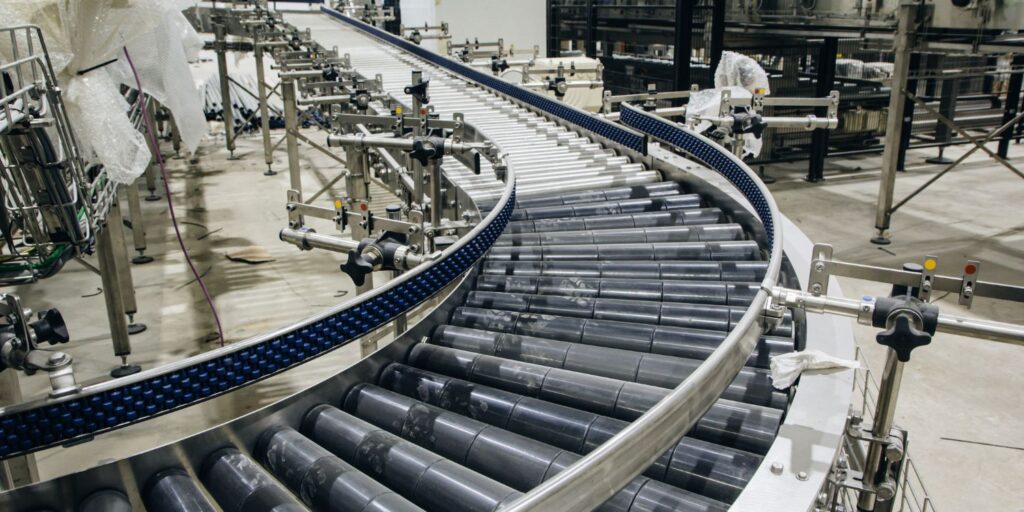A process development engineer is critical in transforming manufacturing operations by designing, implementing, and optimizing processes to achieve greater efficiency, higher product quality, and innovative solutions. Their expertise bridges the gap between conceptual design and operational execution, ensuring that manufacturing systems are effective, sustainable, and adaptable.
This role is vital across various industries such as agriculture, distribution, chemical processing, forestry and lumber, and various manufacturing and industrial processes where precision and scalability are essential.
Key Responsibilities of a Process Development Engineer
A process development engineer is responsible for laying the foundation for operational excellence. Their multifaceted role demands technical expertise, strategic thinking, and collaborative skills. Some of the most important responsibilities of a process engineer include optimizing current production processes for efficiency, setting up new production lines, aligning collaboration among all operations, and monitoring and analyzing data for continual improvement.
Process Design and Optimization
Process development engineers create and refine manufacturing processes that convert raw materials into finished products. Their focus is on maximizing efficiency, ensuring safety, and promoting sustainability. This includes evaluating current workflows, identifying inefficiencies, and implementing strategic solutions to improve product and process quality and overall operational performance.
Scale-Up Production
Transitioning processes from a pilot or prototype stage to full-scale manufacturing requires meticulous planning and precision. Engineers in this role ensure that processes remain consistent, compliant with regulatory standards, and capable of maintaining product integrity as they scale up. This step is crucial in industries like pharmaceuticals and food production, where even minor inconsistencies can have significant consequences.
Cross-Functional Collaboration
Collaboration is a cornerstone of this role. Process Development Engineers work closely with design engineering, manufacturing engineering, and quality assurance teams to integrate new processes seamlessly into existing operations. They ensure that all stakeholders are aligned, minimizing disruptions and fostering innovation within the production environment.
Data Analysis and Continuous Improvement
Leveraging data is central to the success of a process development engineer. They analyze production metrics to pinpoint areas for improvement, implement data-driven solutions, and continuously monitor outcomes to refine processes. This ensures that manufacturing systems evolve in response to changing demands and technological advancements.
Process development engineers are instrumental in helping organizations achieve their operational goals while staying ahead of industry trends.
Get More Information About Process Improvements
Essential Skills and Qualifications for a Process Development Engineer
The success of a process development engineer relies on a combination of educational background, technical expertise, and interpersonal skills. These qualifications equip professionals to tackle the challenges of designing and refining complex manufacturing processes while ensuring seamless collaboration across diverse teams.
Educational Background
A solid foundation in engineering is essential for this role. Most positions require a bachelor’s degree in chemical engineering, industrial engineering, or a related discipline. Advanced degrees or certifications in specialized areas, such as process optimization or regulatory compliance, can provide a competitive edge.
Technical Proficiency
Process development engineers must have expertise in industry-standard tools and software to design and analyze manufacturing systems. Proficiency in programs like AutoCAD, finite element analysis tools, and other simulation or modeling software is critical for developing efficient and reliable processes. Familiarity with automation systems and control platforms, such as PLC programming, adds further value.
Problem-Solving Abilities
Strong analytical skills are vital for identifying inefficiencies and troubleshooting technical issues within production systems. Engineers in this role must develop innovative solutions to optimize workflows, improve product quality, and address operational challenges, often under tight deadlines.
Attention to Detail
Precision is a cornerstone of process development. Engineers must meticulously evaluate every aspect of a process, from raw material handling to final product packaging, to ensure accuracy and compliance with safety and quality standards. A detail-oriented approach minimizes errors and ensures the reliability of manufacturing systems.
Communication Skills
The ability to convey complex technical concepts clearly and concisely is critical for successful collaboration with cross-functional teams and stakeholders. Process development engineers often serve as a bridge between technical and non-technical team members, ensuring that everyone involved in a project has a clear understanding of objectives and outcomes.
These skills and qualifications empower process development engineers to drive innovation, improve efficiency, and contribute to the long-term success of manufacturing operations across industries.
Advancing Efficiency with Process Development Engineers
Crow offers process optimization with experienced process development engineers, committed to enhancing manufacturing efficiency and delivering consistent product quality. Our expertise in multiple process engineering services helps streamline workflows, reduce waste, and implement advanced technologies that improve every stage of production. By focusing on innovation and practical solutions, we empower companies to stay competitive in an ever-changing industrial environment.
Our experienced process engineers excel in developing optimized manufacturing solutions designed to the unique challenges of your operations. From improving material flow to integrating advanced automation technologies, our team ensures that every process is designed for maximum efficiency, reliability, and sustainability.
Discover how Crow Engineering’s Process Optimization Services can transform your operations and deliver measurable results. Whether you need comprehensive or specialized services, Crow offers scalable solutions; we provide flexible, scalable, and custom-designed services to meet your needs.
Crow Engineering provides expert process optimization and engineering solutions to enhance efficiency and product quality across industries. Our experienced team is dedicated to implementing innovative strategies that drive operational success and streamline manufacturing workflows. Contact us to learn how to transform your operations with skilled and experienced process development engineers.
Who are we?
Crow Engineering is a multi-discipline consulting engineering firm serving mechanical, structural, and civil engineering needs for a variety of industries.
Engineering Services
the crow connection
Recent News
The Crow Connection delivers high-level insights on engineering, automation, and process optimization, helping you drive efficiency and innovation. Covering topics like AI-powered automation, manufacturing strategies, and industrial process improvements, it’s a must-read for leaders seeking a competitive edge.












